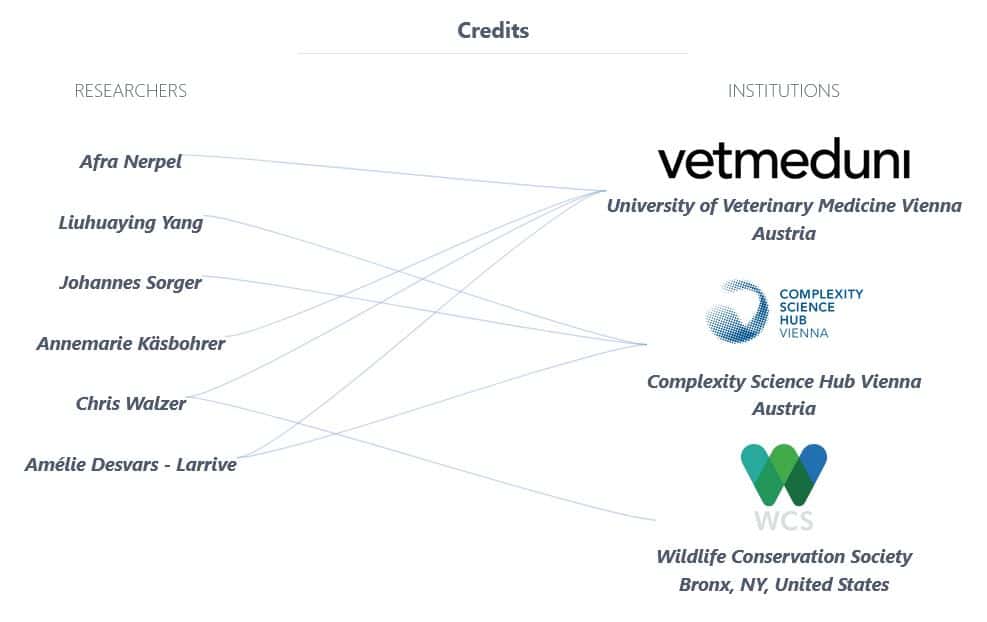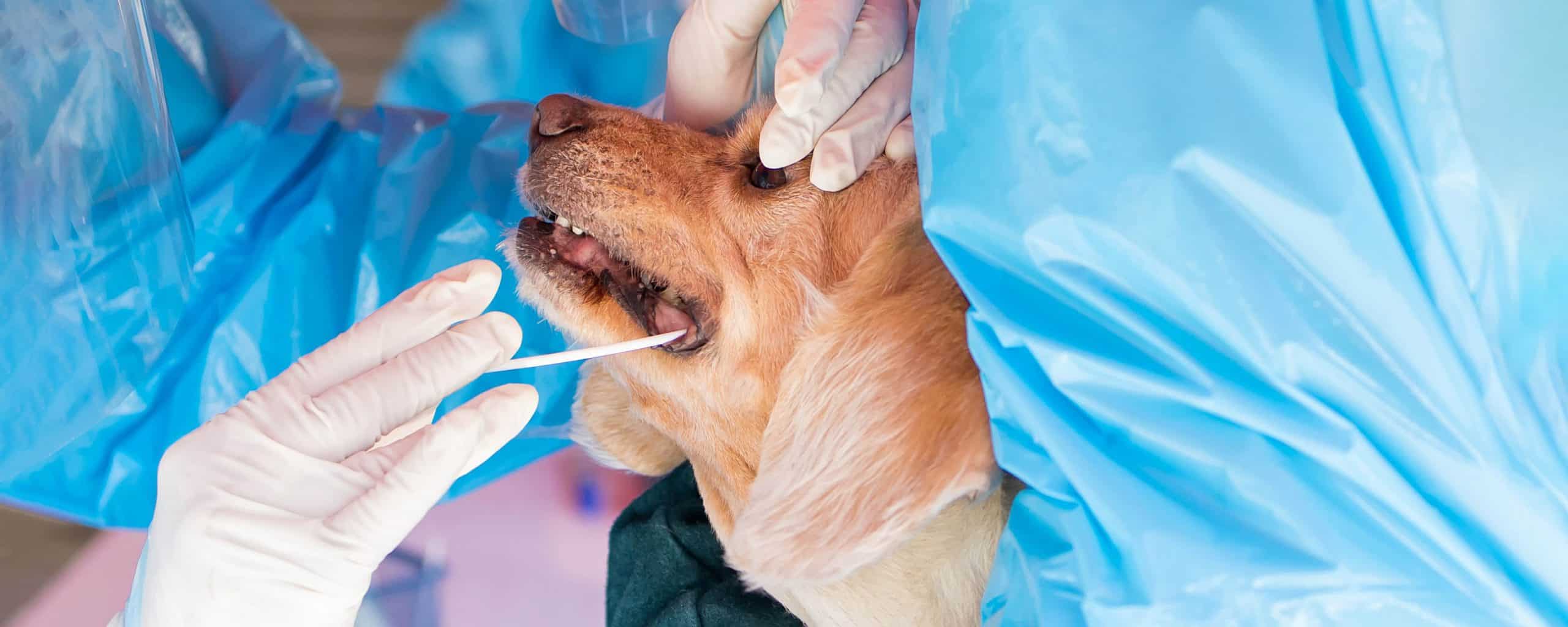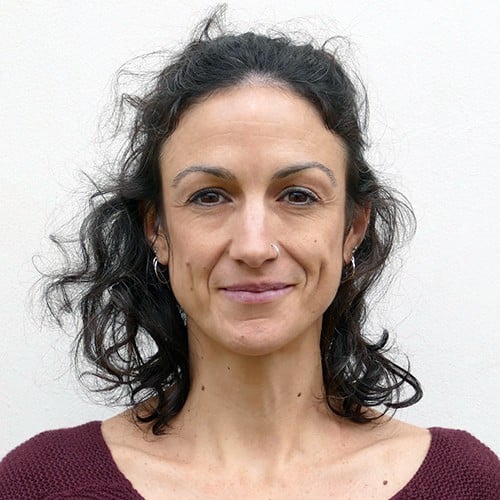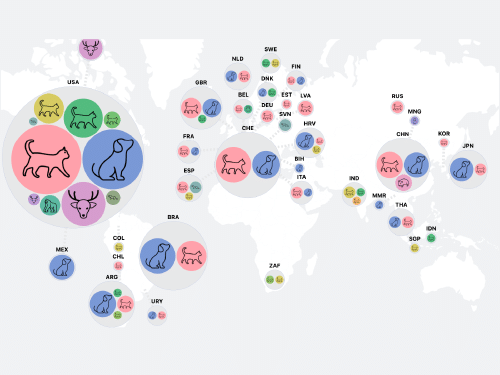SARS-COV-2 INFECTIONS IN ANIMALS: THIS DASHBOARD SHOWS THEM ALL
To tackle major threats to human health, we need integrated approaches, says CSH researcher Amélie Desvars-Larrive—and initiated the collection of all documented coronavirus cases in animals.
Human, animal, and environmental health are interlinked. “People these days talk a lot about One Health,” says Amélie, our epidemiologist and health-in-animals expert (in the past, she did great research about rats, for instance).
“But what does that approach mean? In my opinion, the goals of One Health cannot be reached without taking data from humans, animals, and the environment into consideration,” she says.
DATASET OF ANIMALS WITH SARS-COV-2 INFECTION
For corona in animals, the data gap is closed now.
For the past months, a team led by Amélie meticulously extracted, combined, and structured information on SARS-CoV-2 cases in animals. The scientists included all publicly available data from ProMED and the World Animal Health Information System (OIE-WAHIS), a “unique comprehensive database through which information on the animal health situation worldwide is reported and disseminated throughout the world” (according to their webpage).
OIE-WAHIS is run by the World Organization for Animal Health (OIE).
SARS-ANI VIS — A DASHBOARD THAT SHOWS THEM ALL
This dataset, called SARS-ANI (#SARSANI) feeds a newly created dashboard, beautifully designed by our vis experts Liuhuaying Yang and Johannes Sorger:
- SARS-ANI VIS DASHBOARD
The dashboard includes an overviews of worldwide cases, stratified by species, the clinical signs of disease, control measures and outcomes, and a geographical overview of all sources. It will be updated on a regular basis.
OPEN ACCESS TO FOSTER INTERNATIONAL COLLABORATION
The scientists also make their data publicly available via Github.
“SARS-ANI is usable for analytical purposes and can be integrated with multidisciplinary data,” Amélie points out. “We also hope to receive new data from researchers around the world.”
- SARS-ANI DATA & CODE ON GITHUB
- PREPRINT ON BIORXIV
THE TEAM
The interdisciplinary team working on this project includes experts from CSH, the University of Veterinary Medicine Vienna, and the Wildlife Conservation Society.





